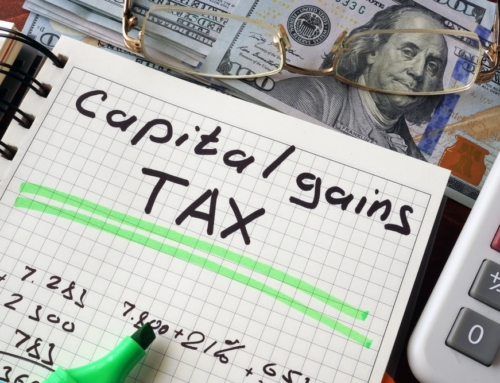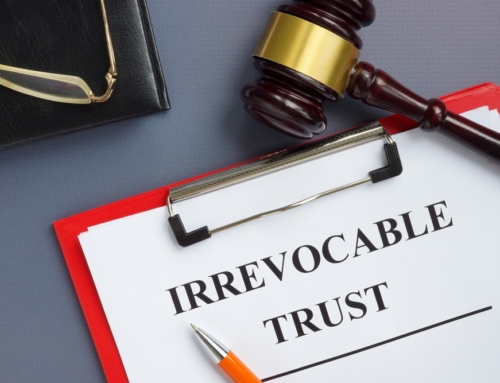After paying taxes to the IRS and your state government, the last thing you want to think about is paying even more taxes. But homeowners across the country are facing increased property taxes as cities and counties are filing for bankruptcy and local governments are looking for ways to raise money.
According to a recent Rockefeller Institute report, local property tax revenues are continuing to decline, even as state revenues rise. Somehow, the trickle-down effect isn’t working.
When sales tax funds and other money sources start drying up, cities and local governments need to get that money from somewhere else. What’s the most logical source? Property taxes.
Are property tax increases coming your way?
Generally, there are small increases in your property tax bill each year due to minor cost-of-living adjustments, but there might be larger ones on the horizon. Start paying attention to your own local municipality—some cities have already announced increases. For example:
- Cincinnati, Ohio, is raising property taxes by about $10 per $100,000 in home value to cover the costs of renovating a park and a music center and to build a new police station.
- Philadelphia hopes to shore up its insolvent school district via increased property taxes of 3.6 percent (worth an average of $49 per home). Business use and occupancy taxes on businesses will also increase roughly 19 percent.
- In New Hampshire, the recent property tax increases have politicians and other folks starting to talk about constitutional changes to the state’s tax structure.
- In Illinois’ Cook County, property taxes are rising, or at least not dropping, even though property values are dropping. One reason is a sunsetting homeowner’s exemption for folks who’ve made improvements on their homes.
Protecting yourself from property tax increases
If you’re living in one of the many parts of the country facing property tax changes, let’s see what you can do to protect yourself—or at least to reduce the problem.
- Make sure your home is properly valued. If the value has declined, be sure to notify your assessor’s office. The office is probably short-handed, and it’s quite likely that your valuation is at least three years out of date. It may be worth the cost of a certified appraiser if you need to prove a decline in value.
- Take advantage of every exemption available in your area. Seek exemptions for your personal residence; for seniors, members of the military, or veterans; for people with disabilities; or other special exemptions. For instance, Cook County, Illinois, exempts $75,000 worth of improvements for up to five years.
- See if there are rebates for homeowners and renters (because rent covers the cost of the owners’ property taxes). Be aware, though, that some of those programs may have dried up (like in California).
- Get educated. Explore your property tax assessor’s website, as well as your state’s website, for every tidbit you can find about how to reduce your property taxes.
Is it worthwhile to hire a professional to get your property taxes reduced? There are mixed feelings about that. Many assessors feel that they provide all the tools, forms, and information on their websites to help you do it yourself. There may be a certain amount of resentment towards professionals. However, if you are overpaying by $1,000 a year or more, it may be worthwhile. Be sure to find someone who has a solid track record and who has reduced property taxes for someone you know.
Eva Rosenberg, EA, is the publisher of TaxMama.com®, where your tax questions are answered. She teaches tax professionals how to represent you when you have tax problems. She is the author of several books and e-books, including Small Business Taxes Made Easy. Follow her on Twitter: @TaxMama





